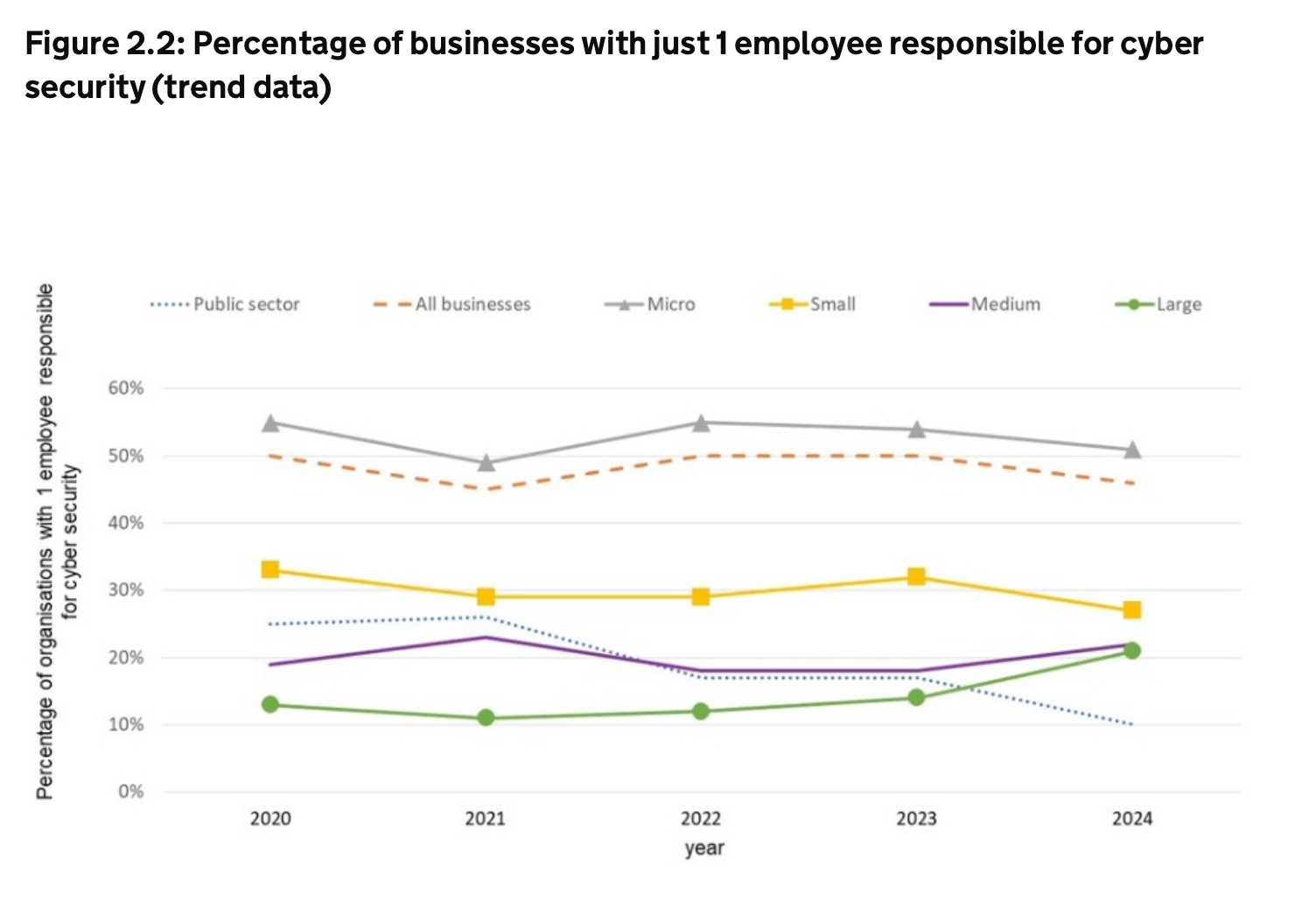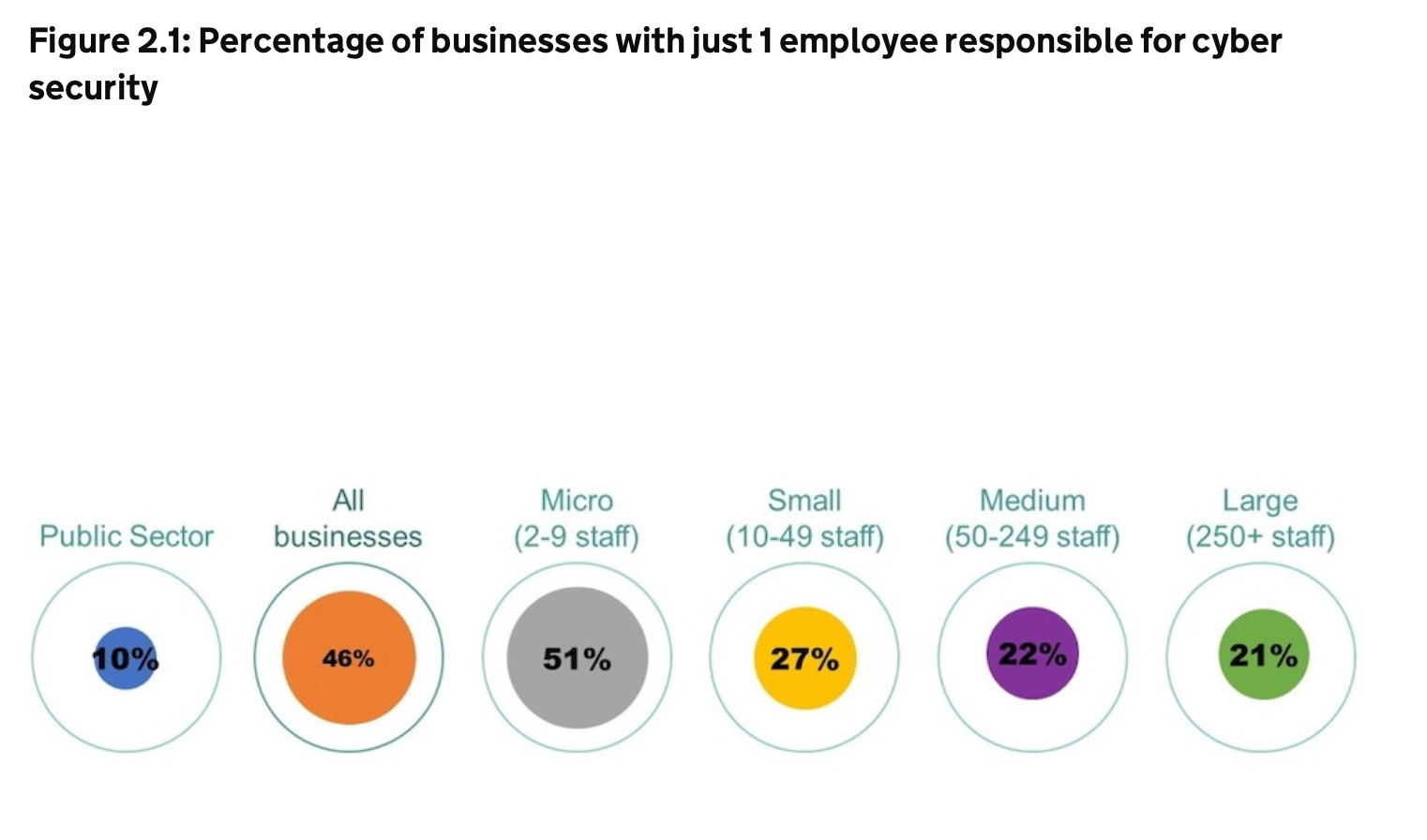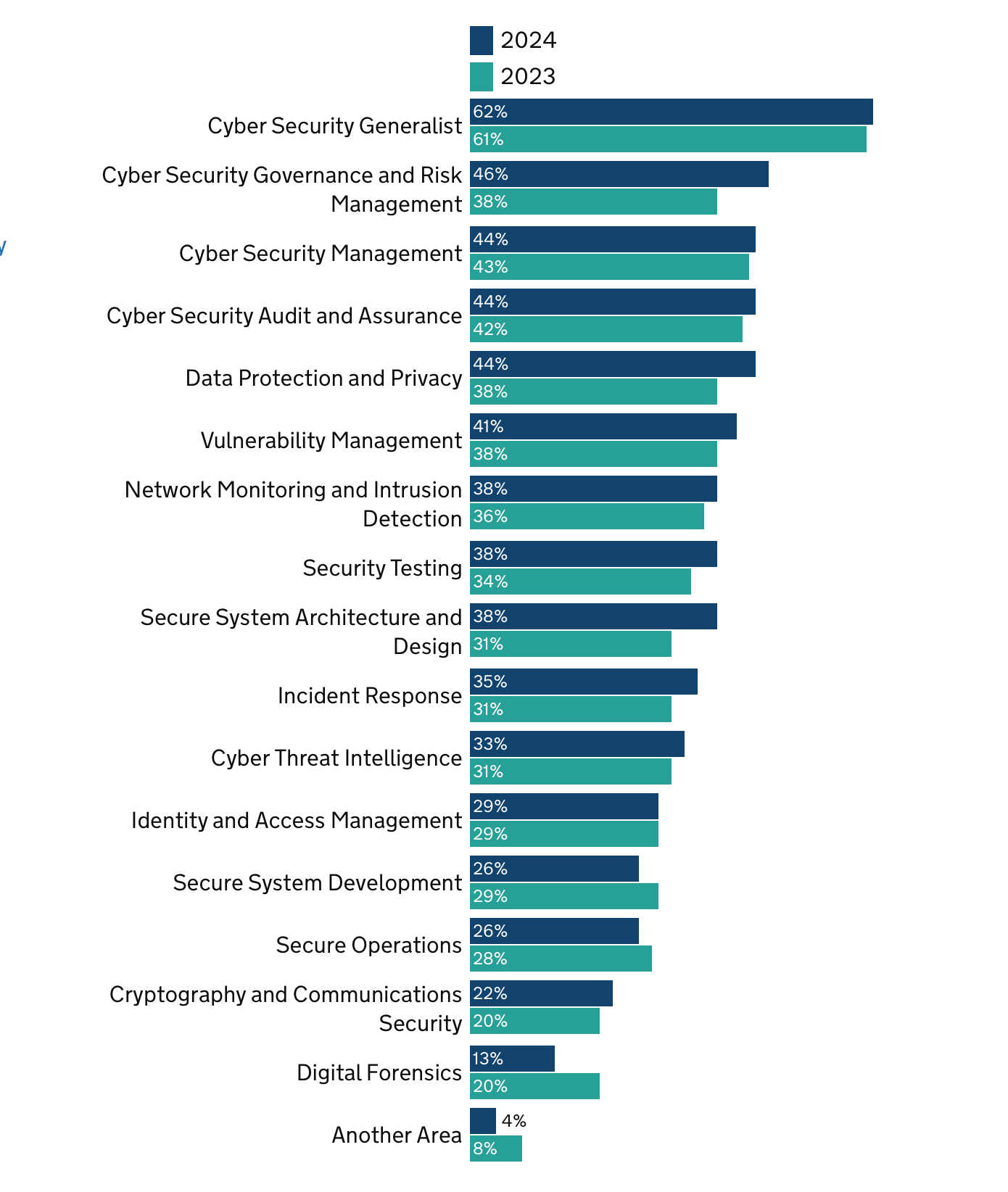Almost half of businesses in the UK "do not have the skills needed to protect against cybercrime", the goverment has warned as it prepares to host global security talks.
Representatives from the US, Europe, and a range of nations across the globe will join organisations, including the World Economic Forum, in Wilton Park, West Sussex, this week to discuss "how global cyber security workforces can be strengthened."
Feryal Clark, Cyber Security Minister, blamed the previous government for the gaping gap in the nation's security posture (a tactic Labour has been using a lot since winning the election in July).
"The UK needs a significant improvement in its cyber defences after the previous government failed to strengthen our cyber laws – we’re fixing that," Clark said.
"Later this year, we’ll bring forward new measures to better protect the nation from cyber-crime and our new regional skills programme will support the next generation of cyber talent and innovators.
"But this is a shared challenge, which is why we’re bringing together global allies to discuss and agree steps to keep us safe online, improve cyber skills and protect our economy and public services."


READ MORE: Data centres given Critical National Infrastructure designation and promised goverment "protections"
Before going into politics and joining Labour, Clark earned a master's degree in Bioinformatics at the University of Exeter, and spent six years working in NHS Pathology.
She announced £1.3 million in funding for organisations such as universities, local councils and businesses to provide cyber skills training. The cash will also be used to fund "organisations developing new innovations in cyber defence" across Northern Ireland and England, with £150,000 grants awarded to individual organisations.

To celebrate the arrival of officials from around the world, the UK Government has released a report highlighting problems afflicting Britain's security sector.
The Cyber Security Skills in the UK Labour Market Survey found that the "estimated annual shortfall for jobs in the UK’s cyber workforce" has dropped from 11,200 last year to just 3,500 this year.
However, it also warned that 44% of UK businesses "do not have the fundamental skills to protect themselves from cyber-attacks."
"We estimate that approximately 637,000 businesses (44%) have a basic skills gap, where employees responsible for cyber security lack the confidence to carry out the basic tasks laid out in the government-endorsed Cyber Essentials scheme, and are not using external cyber security providers for these tasks," the Department for Science, Technology and Innovation wrote. "Approximately 390,000 businesses (27%) have gaps in advanced skills, such as penetration testing."
The government also estimate that 30% of "cyber firms" faced a "problem" with a technical skills gap in 2024, which is lower than in 2023 (49%). It celebrated "a significant decline in reported skills gaps across many areas" such as security testing which dropped from 35% to 23%. Conversely, the skills gap for cryptography and communication security has doubled from 12% to 24%.








